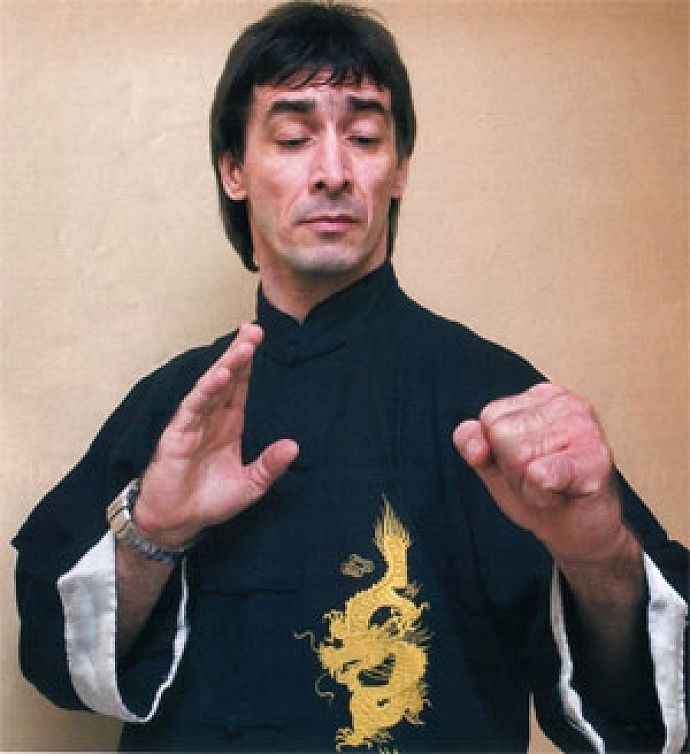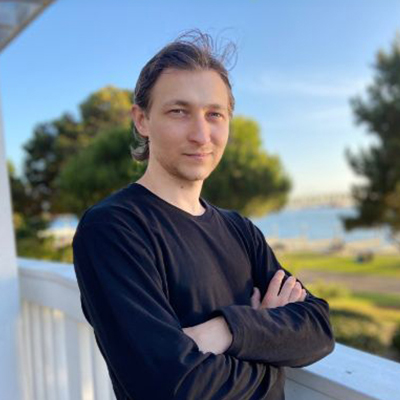
Martial Arts Made Simple. Moscow Times interview. (September 14, 2009)
Moscow Times, Autumn 2006
By Gregory Klemm.
Photo by Vladimir Filonov.
Valery Prosvirov, head instructor, Zolotoi Drakon
Discipline: Kung-Fu
How does kung-fu differ from other martial arts?
Traditional Chinese kung fu is a very complex martial art. There are throwing and hitting techniques, and pressure points and different types of self-regulation like breathing, health practices, and many methods of developing your body.
Why did you start learning kung-fu?
I loved fighting. I was 12 years old, and I loved to fight.
Have you ever had to use kung-fu in real life?
Yes, I have. In the Soviet Union, fighting was very common. No one went to the courts or to the police. If there were any misunderstandings, you settled them the old-fashioned way. But you shouldn’t look at kung-fu only as a way to fight. Using kung-fu is not just a way to defend yourself from troublemakers, it’s an effective way to find strength in yourself and to live in harmony with the world.
For how long and how often do you need to train to master kung-fu at a high level?
Every day. Until you die. A long time. The period of studying basic technique is from seven to ten years. You don’t become a master in ten years, you become an advanced student who understands how to become a master.
Does learning kung-fu require any special characteristics in the student?
Yes. In traditional China, a person had to be sincere and honest with himself if he wanted to learn kung-fu. Virtue means that a person should not be proud. If a person was virtuous, then they would start teaching him. There’s a saying about honesty: “If you lie to another, God won’t punish you, but people will punish you. But if you lie to yourself, then God will punish you.” You should not lie to yourself. Ever. So being honest with yourself is the first criteria.
Has kung-fu helped any of your students with their careers?
As a rule, the students become healthier. But also, their worldview changes after some time and this helps them in their work. They become better able to concentrate on their job, they stop wasting time on unnecessary things and they start to understand that work is not your whole life. The modern person defines himself by his job. Usually, when you ask him “Who are you?” he answers, “I’m a banker,” or “I’m an accountant” or “I’m a driver.” He identifies himself by his profession and doesn’t say who he really is. Training in traditional martial arts helps a person find his place in the world.



